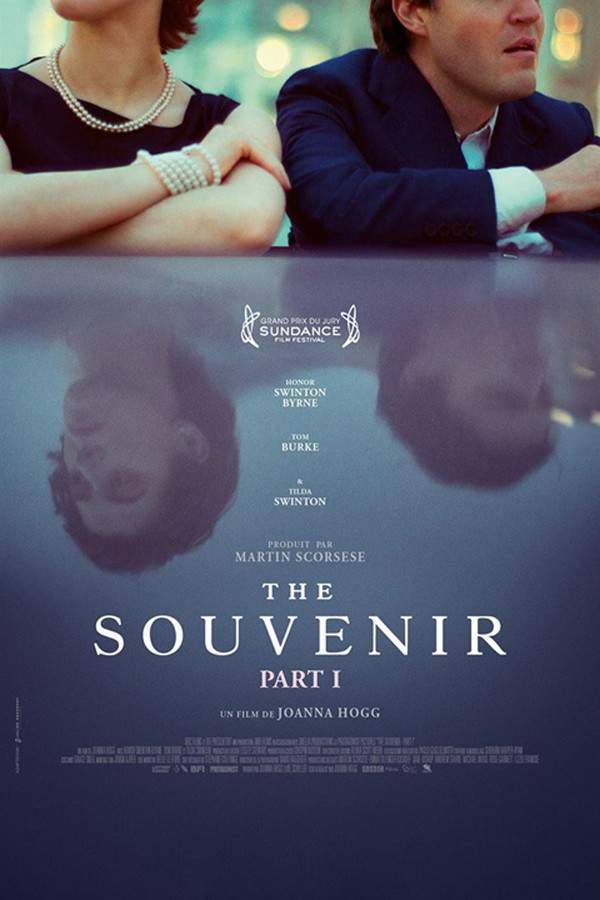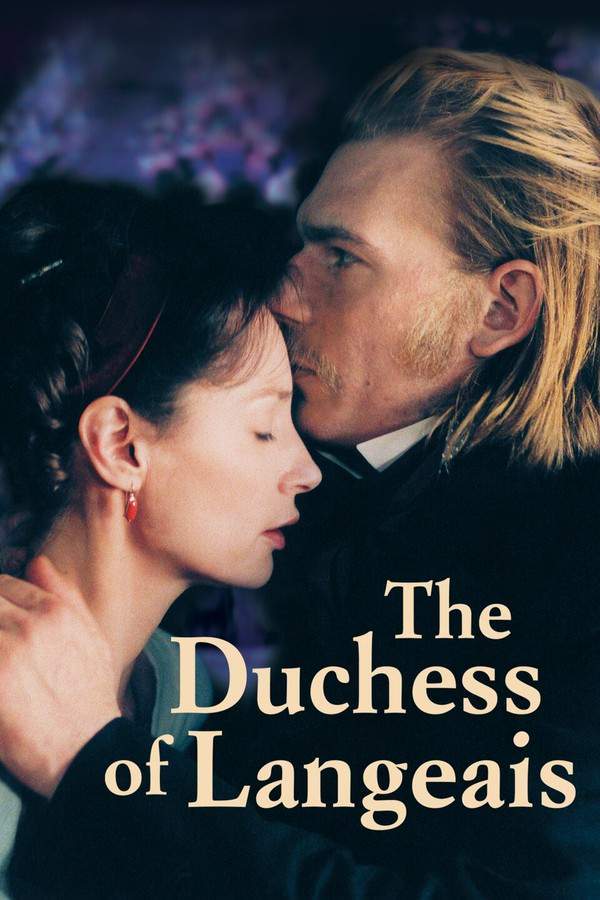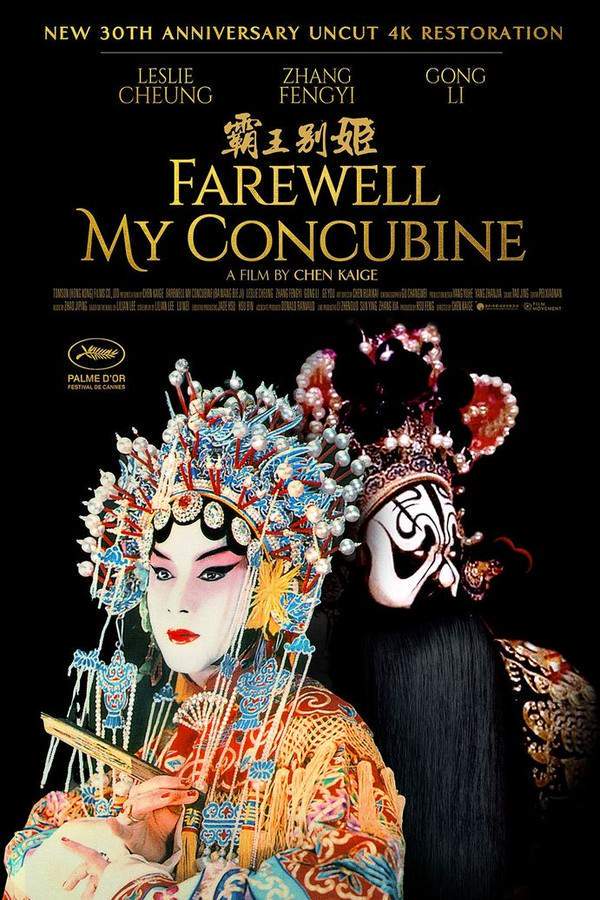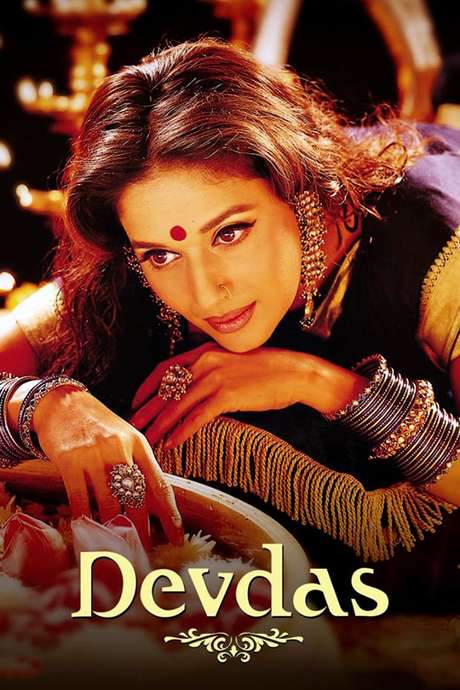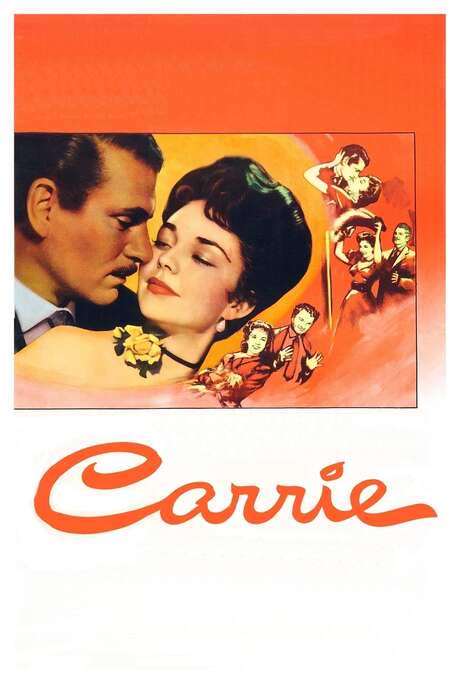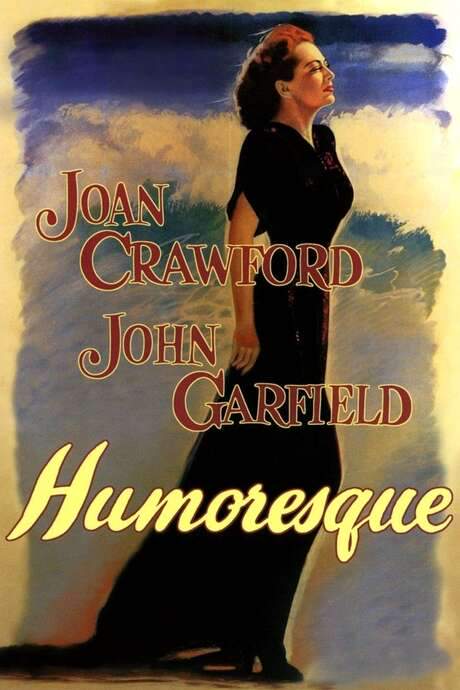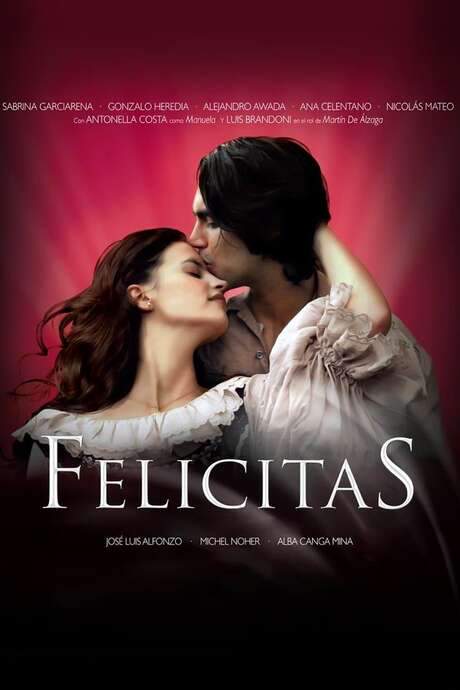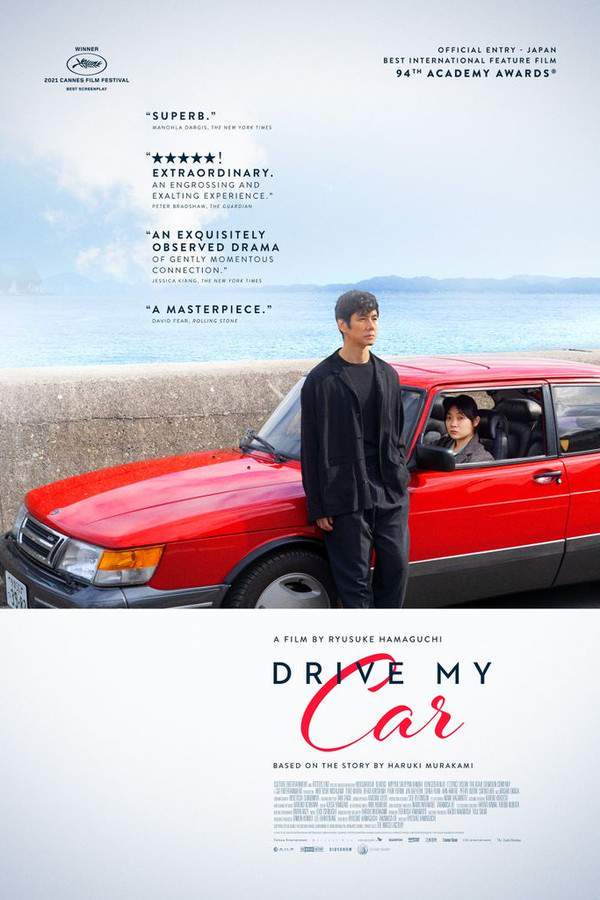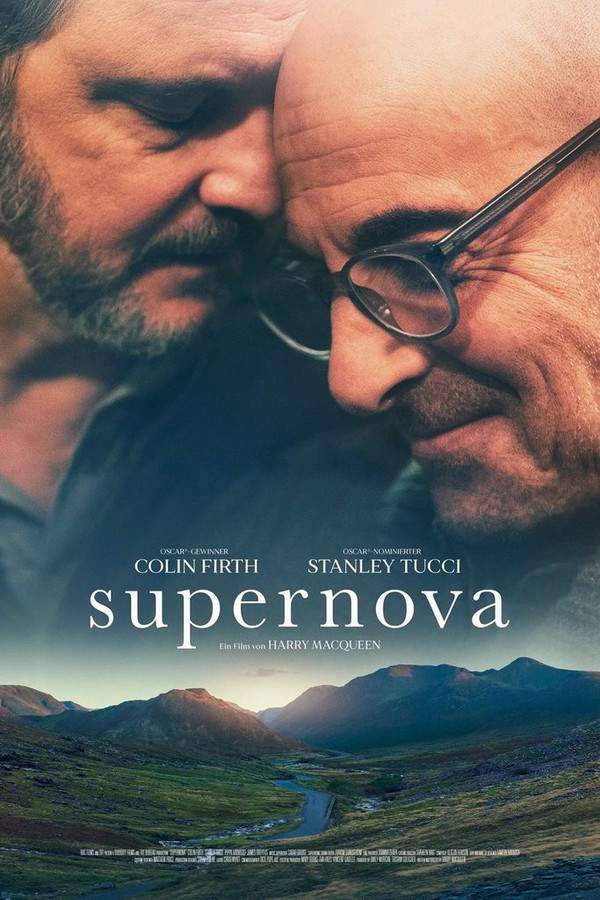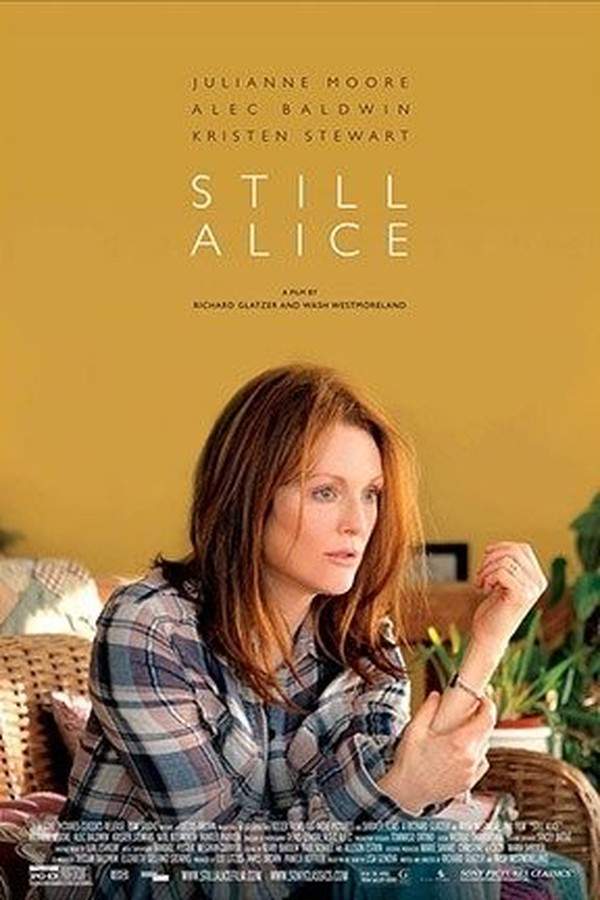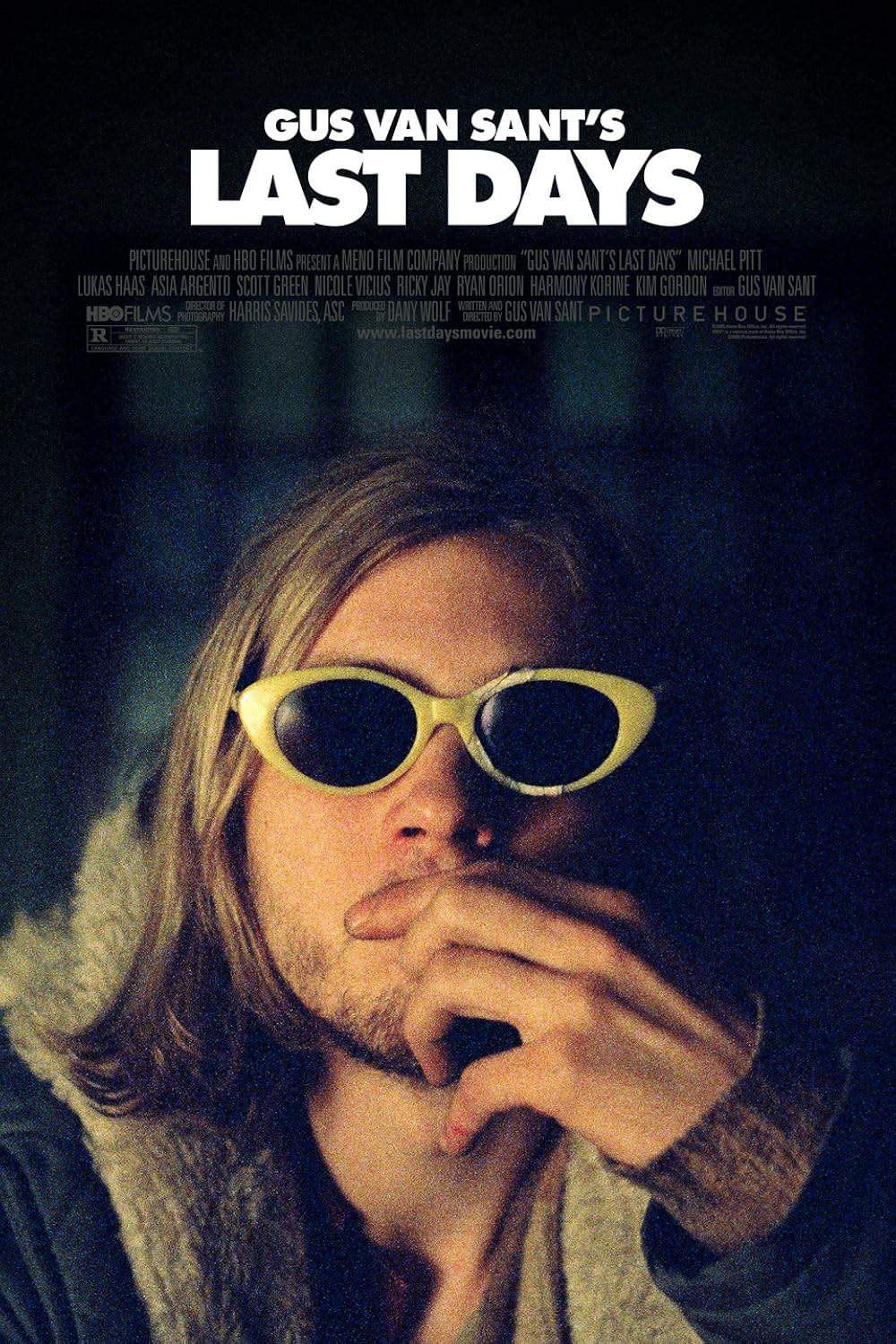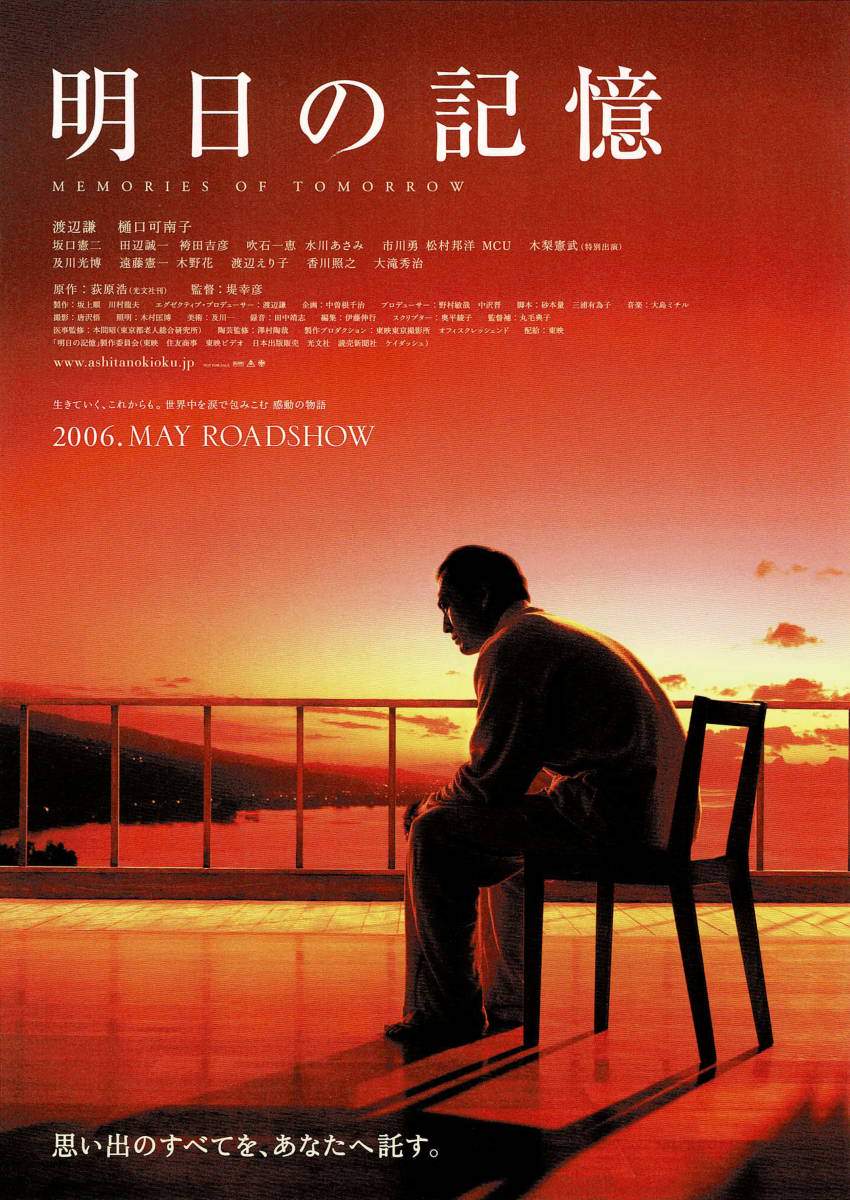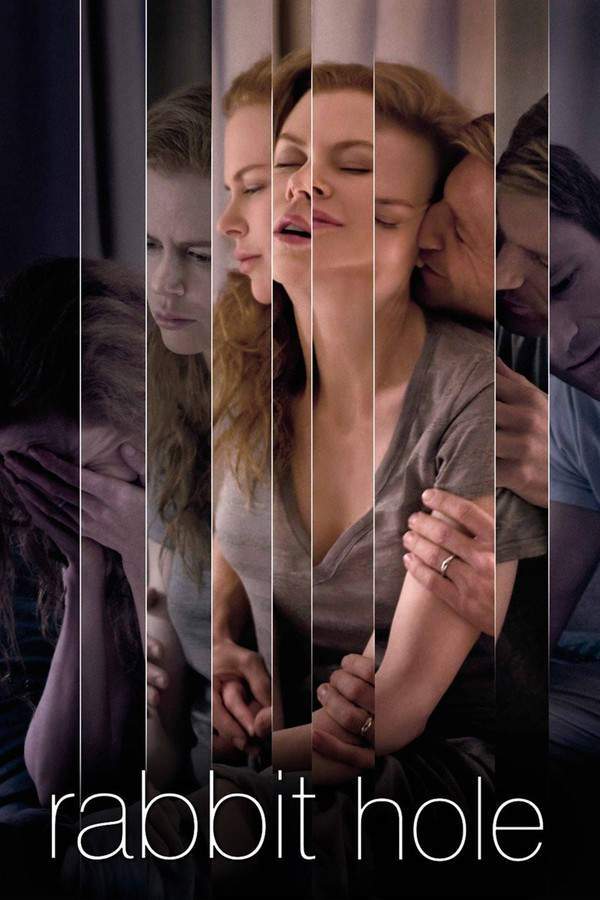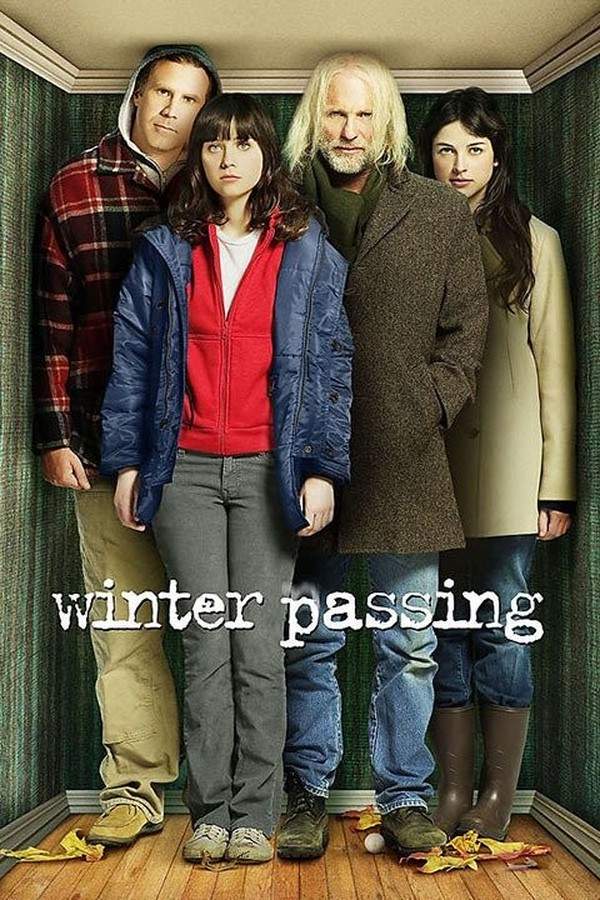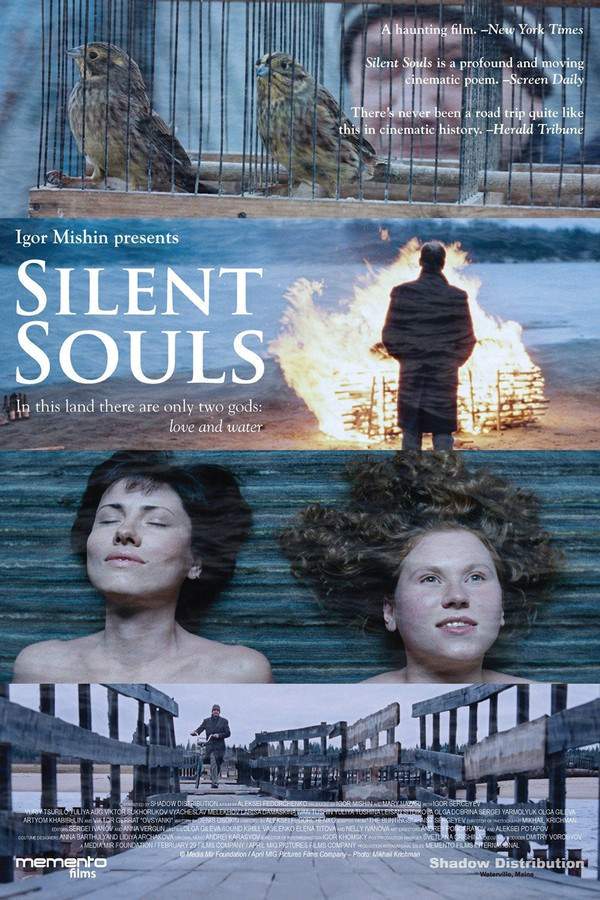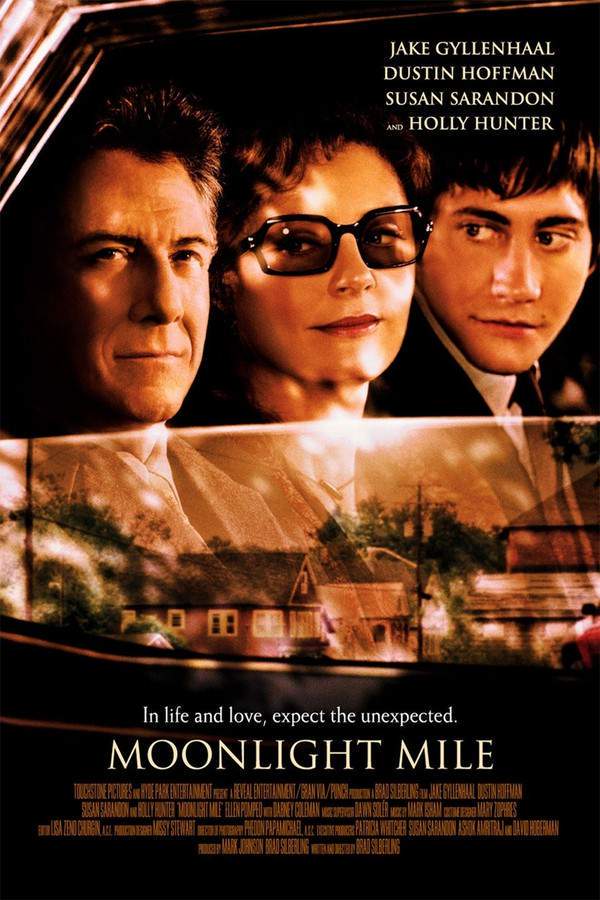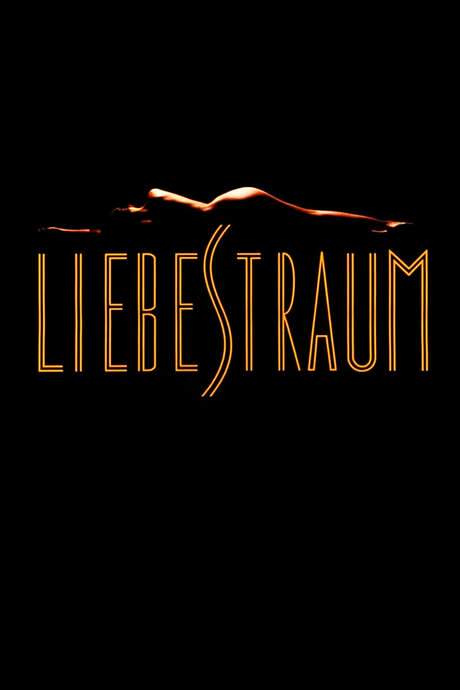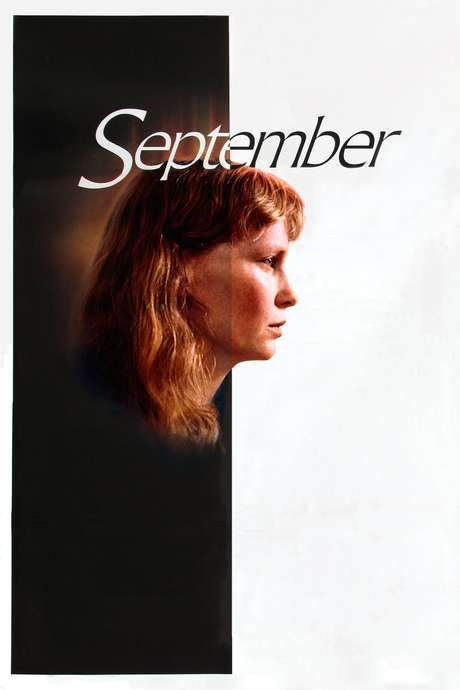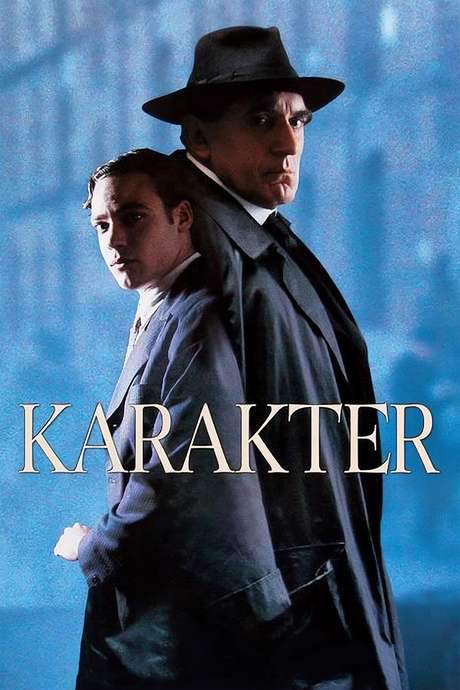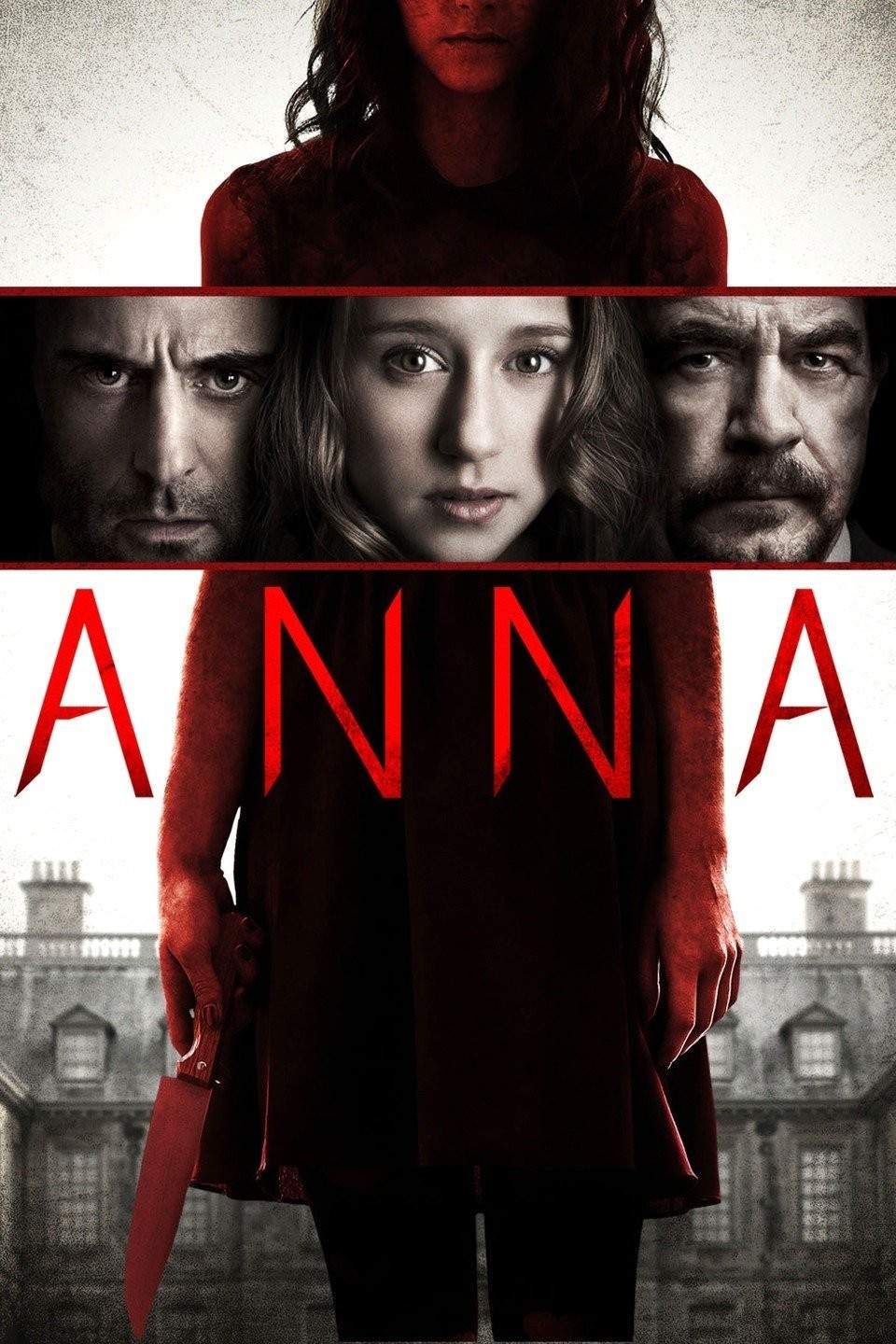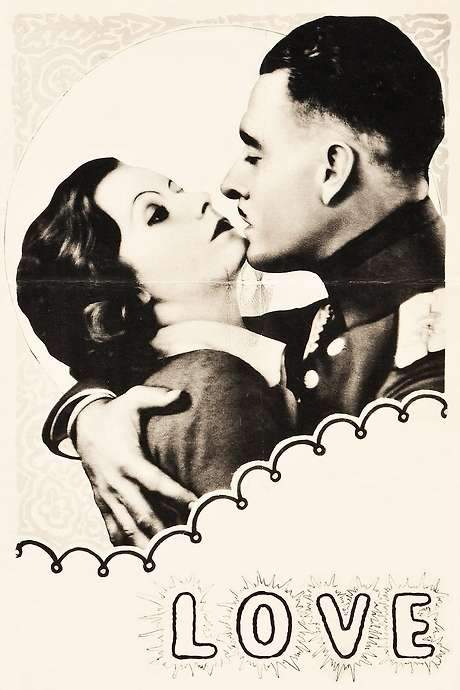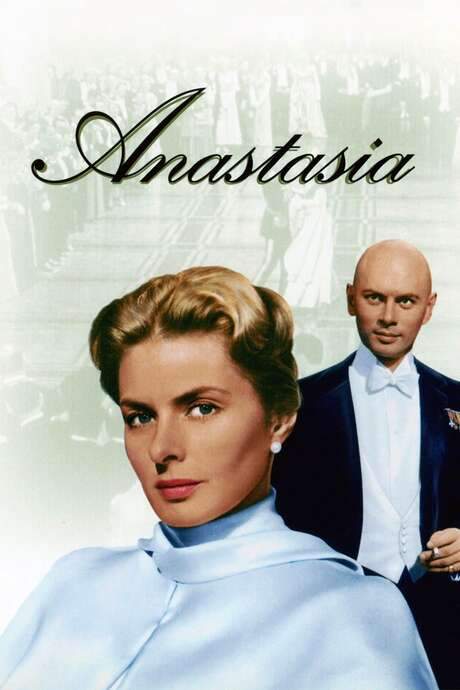
Anna Karenina
Year: 1997
Runtime: 108 mins
Language: English
Director: Bernard Rose
In the opulent circles of 19th‑century St. Petersburg, Anna Karenina, the wife of a Russian imperial minister, follows her heart and embarks on a passionate affair with the dashing cavalry officer Count Vronsky, igniting a scandal that threatens her marriage, reputation, and place in high society.
Warning: spoilers below!
Haven’t seen Anna Karenina yet? This summary contains major spoilers. Bookmark the page, watch the movie, and come back for the full breakdown. If you're ready, scroll on and relive the story!
Anna Karenina (1997) – Full Plot Summary & Ending Explained
Read the complete plot breakdown of Anna Karenina (1997), including all key story events, major twists, and the ending explained in detail. Discover what really happened—and what it all means.
Anna Karenina, Sophie Marceau is the young and elegant wife of a wealthy Russian nobleman, twenty years her senior, and she carries a quiet discontent that centers on their son Seriozha. At a lavish Moscow ball, she encounters the dashing Count Alexei Vronsky, Sean Bean, whose immediate attraction to her unsettles the rigid expectations of their world. Vronsky follows her to St. Petersburg, pursuing her openly with a blend of charm and audacity, and Anna finds herself drawn into a forbidden romance she had never anticipated.
As the affair deepens, they savor a fragile happiness together, but it is tested by pain and consequence. Anna miscarries Vronsky’s child, a blow that shatters the careful veneer of their daring liaison. Karenin, though wounded, is moved by her distress and momentarily forgives the suffering she endures. Yet the social fabric surrounding them is unforgiving, and Anna makes the painful choice to leave her husband for Vronsky, inviting scandal and scrutiny from a society that prizes propriety above all.
Anna seeks a divorce through family channels, enlisting her brother’s help, while Karenin—under the corrosive influence of Countess Lydia Ivanovna, Fiona Shaw—refuses to grant it and denies her access to Seriozha. The loss of her son compounds Anna’s despair, and she spirals into depression, turning to laudanum as a quiet, private escape. In the wake of these trials, she bears another child with Vronsky, yet the couple remains pulled between a passionate love and the weight of societal judgment that tempts them to pursue a more conventional life apart from the scandal.
Haunted by fear of losing Vronsky to a more respectable marriage, Anna grows increasingly unsettled and suspicious. She believes the relationship may be doomed to fail as society’s gaze grows harsher. Driven by despair, she makes a drastic decision and goes to the railway station, where she takes her own life by leaping in front of a moving train, an act that sends shockwaves through everyone who loved and feared for her.
Vronsky’s grief over Anna’s death leaves him shaken and searching for meaning. He volunteers for a dangerous mission in the Balkan War, a bid to prove his courage and salvage some sense of purpose. At a train station in the midst of this turmoil, he encounters Levin, Alfred Molina, a man who has already seen life’s complexities through a quieter, steadier path. Levin has married the woman who once captured Vronsky’s own heart—Princess Kitty Shcherbatskaya, Mia Kirshner—a union that unsettles both men as they navigate love, loss, and responsibility.
Levin’s encounter with Vronsky becomes a moment of sober reflection. He urges a reconsideration of life’s value and the endurance that comes from fidelity and family, even as the two men confront the looming possibility that happiness might come from different choices. The conversation lingers, offering a counterpoint to Anna’s impetuous romance and to a life shaped by public opinion rather than private truth. When the moment passes, Levin returns home to his family, continuing a quiet, stubborn search for meaning. He documents the events that have unfolded, and in a final, almost defiant gesture, signs his manuscript with the name “Leo Tolstoy,” a subtle assertion of art’s power to bear witness to human turmoil and resilience.
Last Updated: October 09, 2025 at 11:03
Explore Movie Threads
Discover curated groups of movies connected by mood, themes, and story style. Browse collections built around emotion, atmosphere, and narrative focus to easily find films that match what you feel like watching right now.
Tragic love stories like Anna Karenina
Passionate romances that defy convention and end in devastating tragedy.If you were captivated by the devastating romance in Anna Karenina, this collection features similar movies about forbidden love and societal ruin. Discover other powerful stories where passionate affairs clash with strict social codes, leading to scandal, despair, and tragic endings.
Narrative Summary
Stories in this thread follow a protagonist, often a woman, who enters a consuming, socially unacceptable love affair. The initial euphoria of passion is quickly met with the harsh reality of judgment, ostracism, and the loss of status, family, or identity. The narrative arc is a downward spiral, where external pressure and internal despair culminate in a tragic, often self-destructive, conclusion.
Why These Movies?
These films are united by their focus on the destructive power of forbidden passion within a judgmental society. They share a heavy emotional weight, a melancholic tone, and a narrative that equates romantic transgression with an irreversible fall from grace, resulting in profoundly sad endings.
Character studies of despair like Anna Karenina
Character studies where internal despair quietly consumes a life.For viewers drawn to the deep psychological portrait in Anna Karenina, this list highlights similar movies about a slow descent into melancholy. Explore character-driven dramas that focus on internal turmoil, depression, and the gradual unraveling of a person under emotional weight.
Narrative Summary
The narrative pattern is an intimate, linear focus on a single character's deteriorating mental state. The plot is secondary to the emotional journey, which is marked by increasing isolation, reflective sadness, and a sense of claustrophobia. The pacing is deliberately slow, allowing the audience to fully experience the weight of each moment of despair as the character moves toward their tragic fate.
Why These Movies?
These films are grouped by their shared commitment to a slow, melancholic pace and a heavy, oppressive mood. They prioritize the internal world of a character grappling with profound sadness or depression, resulting in a viewing experience that is reflective, emotionally draining, and culminates in a sense of tragic inevitability.
Unlock the Full Story of Anna Karenina
Don't stop at just watching — explore Anna Karenina in full detail. From the complete plot summary and scene-by-scene timeline to character breakdowns, thematic analysis, and a deep dive into the ending — every page helps you truly understand what Anna Karenina is all about. Plus, discover what's next after the movie.
Anna Karenina Timeline
Track the full timeline of Anna Karenina with every major event arranged chronologically. Perfect for decoding non-linear storytelling, flashbacks, or parallel narratives with a clear scene-by-scene breakdown.

Characters, Settings & Themes in Anna Karenina
Discover the characters, locations, and core themes that shape Anna Karenina. Get insights into symbolic elements, setting significance, and deeper narrative meaning — ideal for thematic analysis and movie breakdowns.

Anna Karenina Spoiler-Free Summary
Get a quick, spoiler-free overview of Anna Karenina that covers the main plot points and key details without revealing any major twists or spoilers. Perfect for those who want to know what to expect before diving in.

More About Anna Karenina
Visit What's After the Movie to explore more about Anna Karenina: box office results, cast and crew info, production details, post-credit scenes, and external links — all in one place for movie fans and researchers.

Similar Movies to Anna Karenina
Discover movies like Anna Karenina that share similar genres, themes, and storytelling elements. Whether you’re drawn to the atmosphere, character arcs, or plot structure, these curated recommendations will help you explore more films you’ll love.
Explore More About Movie Anna Karenina
Anna Karenina (1997) Scene-by-Scene Movie Timeline
Anna Karenina (1997) Movie Characters, Themes & Settings
Anna Karenina (1997) Spoiler-Free Summary & Key Flow
Movies Like Anna Karenina – Similar Titles You’ll Enjoy
Anna Karenina (2012) Full Movie Breakdown
Anna (2014) Full Summary & Key Details
Anna Karenina. Vronsky’s Story (2017) Complete Plot Breakdown
Anna Karenina (1000) Spoiler-Packed Plot Recap
Anna Karenina (1911) Detailed Story Recap
Anna Karenina (1985) Full Summary & Key Details
Anna Lucasta (1949) Film Overview & Timeline
Anna Karenina (1961) Full Movie Breakdown
Love (1927) Ending Explained & Film Insights
Anna Karenina (1967) Full Movie Breakdown
Anna Karenina (1948) Full Summary & Key Details
Anastasia (1956) Ending Explained & Film Insights
Anna Karenina (1935) Ending Explained & Film Insights
Anna Karenina (2009) Movie Recap & Themes
Anna Karenina (1000) Film Overview & Timeline

